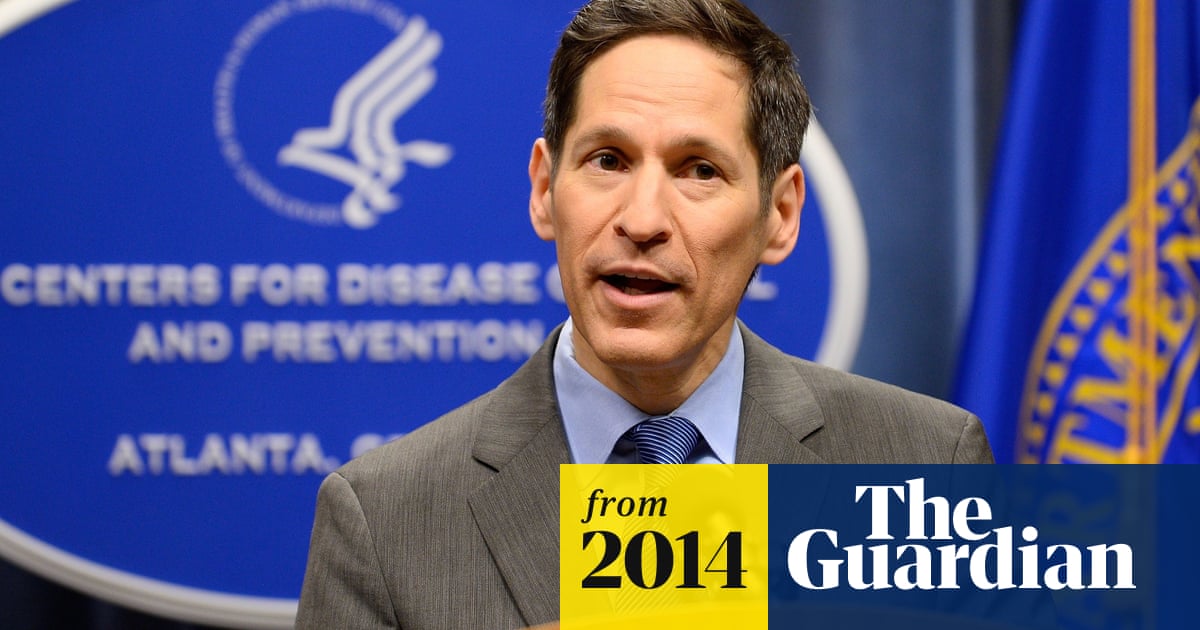Hey there, friend! Ever wondered what really happens inside the halls of Congress? It’s like this massive machine where laws are made, debates rage on, and decisions that shape our lives are hammered out. Congress isn’t just some distant entity—it’s a crucial part of our democracy, and understanding it can make you feel more connected to the system. So, buckle up because we’re diving deep into the world of politics, power, and people who call the shots in Washington D.C. You won’t regret it, trust me.
Let’s face it—Congress is kinda like that high school cafeteria where everyone has their own table, and sometimes they argue, sometimes they collaborate, but at the end of the day, they all gotta eat lunch together. It’s messy, it’s complex, and it’s full of drama. But hey, that’s what makes it so fascinating. Whether you’re a politics junkie or just someone trying to make sense of the headlines, this article is here to break it down for ya.
Now, before we dive into the nitty-gritty, let’s clear something up. This isn’t your typical dry, boring explanation of how Congress works. We’re keeping it real, breaking it down in a way that feels like we’re having a chat over coffee (or maybe a cold beer). So, grab your favorite drink, and let’s get started. Ready? Let’s go!
Read also:Movie 4u Your Ultimate Destination For Streaming Movies
What Exactly Is Congress Anyway?
Congress is basically the legislative branch of the U.S. government. Think of it as the place where laws are born—or sometimes, where they go to die. It’s made up of two parts: the House of Representatives and the Senate. The House represents the people based on population, while the Senate gives each state an equal voice with two senators each. Cool, right? But here’s the thing—it’s not all smooth sailing. There’s a lot of back-and-forth, compromises, and yes, even some heated arguments.
And let’s not forget, Congress isn’t just about passing laws. It also has the power to declare war, confirm presidential appointments, and even impeach officials. Yeah, it’s a big deal. So, when you hear about Congress in the news, you know it’s not just some random meeting—it’s where the real decisions happen.
How Does Congress Work?
Alright, let’s break it down. A bill starts as an idea—usually from a lawmaker or even a citizen like you. Then it goes through committees, where it gets dissected, debated, and maybe even rewritten. If it survives that, it moves on to the floor for a vote. If both the House and Senate agree, it heads to the President’s desk. Sounds simple, right? Not so fast. There’s a lot of politics, lobbying, and sometimes gridlock that can slow things down. But hey, that’s democracy for ya.
Key Players in Congress
Now, let’s talk about the people who make Congress tick. There are 435 members in the House and 100 in the Senate. That’s a lot of voices, and they all bring different perspectives to the table. Some are career politicians, while others are relative newcomers. But one thing they all have in common? They’re elected by the people. Yep, that means you have a say in who represents you.
Leadership Roles
Within Congress, there are key leadership roles that keep things running. The Speaker of the House, for example, is like the boss of the House. They set the agenda, manage the floor, and wield a lot of influence. Then there’s the Majority and Minority Leaders in both the House and Senate. These folks help steer their parties’ priorities and negotiate with the other side. It’s a delicate balance, and sometimes it gets a little… intense.
Why Should You Care About Congress?
Here’s the thing—Congress affects your life in ways you might not even realize. From healthcare to taxes to environmental policies, the decisions made in Congress have real-world consequences. For example, if you’re worried about climate change, Congress can pass laws to reduce carbon emissions. If you’re concerned about gun control, Congress can enact legislation to address it. See what I mean? Your voice matters, and paying attention to Congress is one way to make sure your concerns are heard.
Read also:Unveiling The Secrets Of Hd Hubin Your Ultimate Guide To Streaming Bliss
How Can You Get Involved?
So, you wanna make a difference? There are plenty of ways to get involved. You can write to your representatives, attend town hall meetings, or even volunteer for a campaign. Social media’s another powerful tool—use it to share your thoughts and engage with others. And hey, if you’re feeling really ambitious, you could even run for office yourself. The point is, your voice matters, and there are plenty of ways to make it heard.
The History of Congress
Congress has been around since 1789, and it’s evolved a lot over the years. Back in the day, it was a pretty small operation, but as the country grew, so did Congress. There have been some pretty epic moments in its history, like the passage of the Civil Rights Act or the Watergate scandal. And let’s not forget the occasional government shutdown or impeachment proceedings. It’s a wild ride, but it’s always been about one thing—representing the people.
Major Milestones
- 1789: The first session of Congress
- 1865: The passage of the 13th Amendment, ending slavery
- 1964: The Civil Rights Act
- 1998: The impeachment of President Clinton
- 2020: The impeachment of President Trump
The Challenges Facing Congress Today
Let’s be real—Congress isn’t perfect. There are plenty of challenges it faces today. Partisan gridlock, for one, can make it hard to get anything done. Then there’s the influence of money in politics, which some argue undermines the democratic process. And let’s not forget the pressure from special interest groups and lobbyists. But despite all that, Congress is still the place where laws are made, and that’s a powerful thing.
Possible Solutions
So, what can be done to fix these issues? Some people advocate for campaign finance reform to reduce the influence of money in politics. Others suggest term limits to prevent career politicians from getting too comfortable. And there’s always the push for more transparency and accountability. It’s not an easy fix, but it’s something worth striving for.
Understanding the Impact of Congress
Congress has a massive impact on our daily lives, whether we realize it or not. From the economy to education to healthcare, the decisions made in Congress ripple through society. For example, if Congress passes a tax cut, it can affect how much money you take home. If it increases funding for public schools, it can improve the quality of education. The list goes on and on.
Real-World Examples
- The Affordable Care Act expanded healthcare access for millions
- The Tax Cuts and Jobs Act of 2017 changed how businesses and individuals pay taxes
- The Every Student Succeeds Act reformed education policies
How Congress Reflects the Nation
Congress is a microcosm of the nation—it reflects our diversity, our values, and our challenges. It’s a place where different voices come together to try and find common ground. Sure, it’s not always pretty, but it’s a testament to the strength of our democracy. And as the nation changes, so does Congress. More women, people of color, and younger lawmakers are entering the fold, bringing fresh perspectives and ideas.
Changing Demographics
The demographics of Congress are shifting. More women are being elected than ever before, and the racial and ethnic diversity is increasing. This is important because it means Congress is starting to look more like the population it represents. It’s a step in the right direction, and it shows that progress is possible.
Looking Ahead: The Future of Congress
So, what does the future hold for Congress? That’s the million-dollar question. Will it continue to evolve, or will it stay stuck in the past? One thing’s for sure—it’ll always be a crucial part of our democracy. As technology advances and society changes, Congress will have to adapt to stay relevant. But no matter what, it’ll always be the place where laws are made and decisions are debated.
Your Role in the Future
You have a role to play in shaping the future of Congress. By staying informed, getting involved, and using your voice, you can help steer the ship. Whether it’s through voting, contacting your representatives, or even running for office, your actions matter. So, don’t sit on the sidelines—get out there and make a difference!
Final Thoughts
Alright, that’s a wrap! We’ve covered a lot of ground, from the basics of how Congress works to the challenges it faces today. The bottom line is this—Congress is an essential part of our democracy, and understanding it can empower you to make a difference. So, go out there, get informed, and use your voice. And if you’ve enjoyed this article, don’t forget to share it with your friends or leave a comment below. Together, we can keep the conversation going!
Table of Contents
- What Exactly Is Congress Anyway?
- How Does Congress Work?
- Key Players in Congress
- Why Should You Care About Congress?
- The History of Congress
- The Challenges Facing Congress Today
- Understanding the Impact of Congress
- How Congress Reflects the Nation
- Looking Ahead: The Future of Congress
- Final Thoughts


